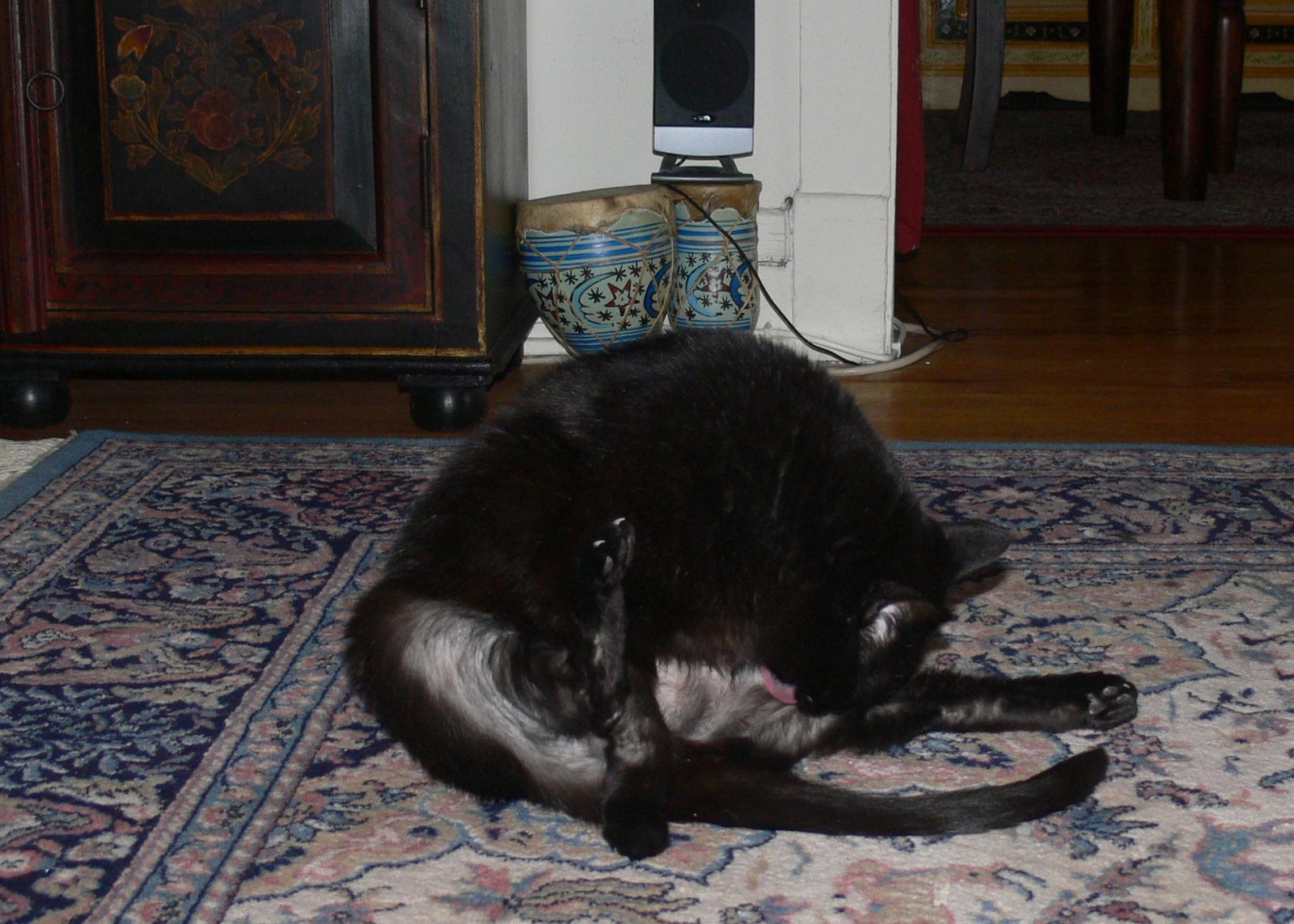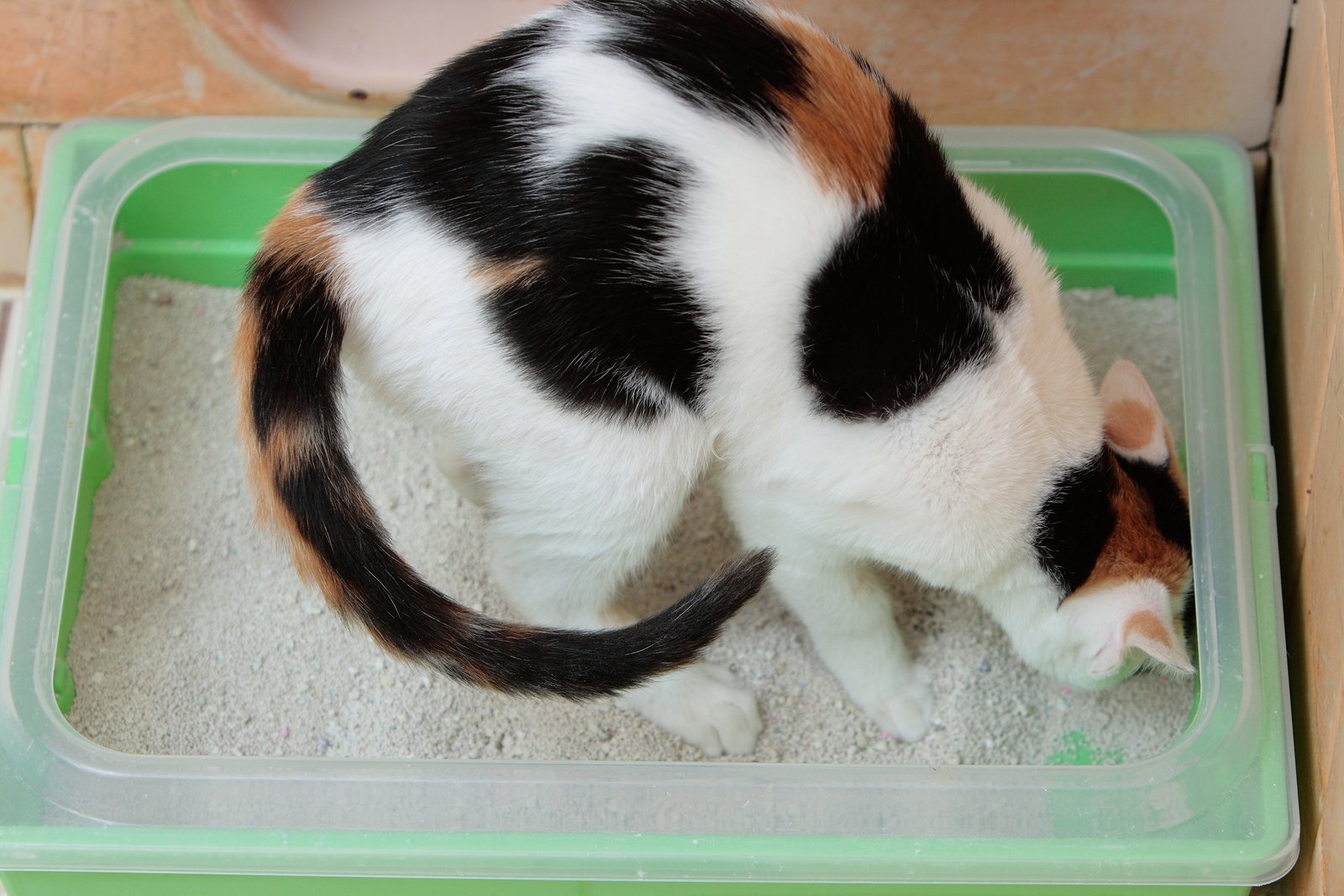Cats might have a reputation for being aloof, but many of them crave companionship just as much as dogs do. If your cat is meowing more than usual, shadowing your every move, or acting out with destructive behavior, it could be a cry for attention. Other signs of loneliness include overeating, under-grooming, or even ignoring their favorite toys. These aren’t just quirky habits—they’re your cat’s way of expressing emotional need. By recognizing these signals early, you can offer comfort, playtime, or even consider a companion to help them feel secure and loved. Understanding your cat’s loneliness is the first step toward a happier, more fulfilled feline friend.
Unusual Vocalization: More Meows Than Usual
One of the first signs your cat is feeling lonely is an increase in vocalization. If your typically quiet companion suddenly becomes chatty, it’s not just random noise—it’s a call for connection. Cats use their voices to communicate with humans, and when they feel isolated, they may meow, yowl, or even chirp more often. Sometimes the meows sound mournful or persistent, almost as if they’re asking, “Where are you?” If your cat’s voice echoes through your home more than usual, especially when you’re leaving or coming back, it’s likely seeking your attention and companionship. This is their way of letting you know something is missing—namely, you.
Destructive Behavior: Scratching or Chewing Things
Does your cat suddenly tear up furniture, chew on cords, or knock things off shelves? This isn’t just naughty behavior—it’s often a desperate attempt to cope with boredom and loneliness. When cats are left alone for long periods, they need to channel their energy somewhere. Scratching, biting, and making a mess can be a sign your cat is trying to fill the void left by a lack of interaction. Think of it like a child acting out to get attention; your cat might be trying to say, “Notice me!” The next time you come home to shredded curtains, consider what your cat might be feeling, not just what it’s doing.
Over-Grooming or Neglecting Grooming

Cats are known for their meticulous grooming habits, but loneliness can disrupt this routine in surprising ways. Some cats begin to over-groom, licking themselves so much they create bald patches or irritated skin. Others, in contrast, might stop grooming altogether, leading to a messy, unkempt coat. Both extremes can be signs of emotional distress. It’s as if your cat is trying to soothe itself with excessive licking or, on the flip side, has lost motivation to care. Spotting these changes early on can help you address their need for affection before the behavior escalates into health problems.
Clinginess When You’re Home
A lonely cat often becomes extra attached when you are finally around. If your cat follows you from room to room, sits on your keyboard while you work, or insists on cuddling at every opportunity, it’s craving closeness. While this can be adorable, it’s also a plea for more consistent company. Some cats will even paw at you or nuzzle your hand, refusing to let you out of sight. This clinginess is their way of saying, “Don’t leave me alone again.” It’s a heart-tugging reminder that, just like us, cats need regular social interaction to feel secure.
Loss of Appetite or Changes in Eating Habits
Have you noticed your cat turning away from its food or eating less than usual? Loneliness can sap a cat’s interest in eating, much like how humans might lose their appetite when feeling down. In some cases, cats might eat more as a way to comfort themselves, but more commonly, a lonely cat will pick at its food or ignore it altogether. Changes in eating habits are always a red flag, but when combined with other signs of loneliness, it paints a clearer picture that your cat is missing companionship and emotional stimulation.
Hiding or Withdrawing More Than Usual
While some cats naturally enjoy a good hiding spot, an increase in hiding or withdrawal can signal something’s wrong. If your cat is spending most of its time under the bed, behind furniture, or in closets, it might be feeling isolated and anxious. This withdrawal often follows a period of being ignored or left alone for long hours. It’s as if your cat has given up on seeking out company because it doesn’t expect any. This behavior can easily be mistaken for shyness, but it often masks a deeper sense of loneliness and longing for connection.
Lethargy and Lack of Playfulness
A lonely cat often loses interest in play, appearing tired or lethargic. Toys that once brought joy now go untouched, and your cat might spend more time sleeping or simply staring into space. This lack of enthusiasm isn’t just laziness—it’s a symptom of emotional neglect. Imagine how you’d feel if you were left alone all day with nothing to do. Cats are intelligent and curious creatures, and without regular interaction, their spirits can dampen, leading to a noticeable drop in playful behavior.
Excessive Sleeping Beyond the Norm
While cats are famous for their love of sleep, excessive snoozing can be a red flag. If your cat is sleeping much more than usual, it might be using sleep as an escape from loneliness or boredom. Think of it as a way to fast-forward through the hours until you return. This extra sleep isn’t healthy rest—it’s a coping mechanism. If you notice your cat is barely awake when you’re gone and only perks up when you walk through the door, consider if loneliness could be the culprit.
Increased Attention-Seeking at Odd Hours

Has your cat started waking you up in the middle of the night or meowing loudly when you’re trying to sleep? These unusual bursts of attention-seeking are often a sign your cat is desperate for company, even if it means interrupting your rest. This behavior can be both endearing and exhausting, but at its core, it’s a sign your cat’s social needs aren’t being met during the day. Nighttime mischief or vocalizing can be your cat’s way of saying, “I need you, even if it’s 3 AM.”
Litter Box Issues: Accidents and Avoidance

A sudden change in litter box habits is a telltale sign something’s off with your cat’s emotional state. If your cat starts having accidents outside the box or avoids it altogether, it might be acting out due to stress or loneliness. The litter box is a private space, and disruptions in this routine are rarely random. Just like people can experience stress-related issues, cats express their feelings in practical ways—sometimes, unfortunately, on your carpet. Paying attention to these signals can help you address their emotional needs before it becomes a bigger problem.
So, while your cat may not come right out and say, “I’m lonely,” their behavior speaks volumes. Paying attention to those subtle (and sometimes not-so-subtle) signals can make a world of difference in their happiness. A little extra playtime, cuddles, or even just your presence can go a long way. At the end of the day, your cat just wants to feel connected—and who doesn’t?

Born and bred in South Africa, a Capetonian at heart. Amy-Leigh’s love for nature and animals was inherited from her Dad. He loves taking the family on road trips to experience nature at its finest; Amy-Leigh’s favourite being whale watching in Hermanus and spotting Kudu along the West Coast. Amy-Leigh holds a BA in English Literature and Communication Studies.





